John Drake
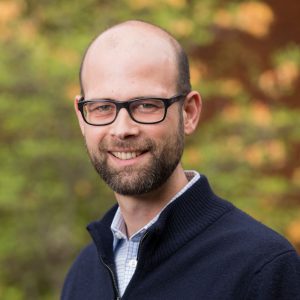 Distinguished Research Professor 2017
Distinguished Research Professor 2017
John Drake, professor in the Odum School of Ecology, is a globally recognized authority on the ecology of infectious diseases. Described by an external evaluator as “possibly the leading ecologist of his generation,” Drake conducts research in the interdisciplinary field of population biology, crossing boundaries between ecology, evolutionary biology and epidemiology. His contributions include new theoretical results, original experiments and the development of new quantitative methods for reconciling theory and data. He developed a novel experimental system that showed for the first time that characteristic statistical fluctuations known as “critical slowing down” may be used to devise early warning signals of environmental deterioration. He developed a new approach to model-independent early-warning systems for emerging and re-emerging infectious diseases. He is now working on an approach to anticipate and respond to emerging infectious diseases that is proactive and data-driven. In 2016, he founded and now directs the UGA Center for the Ecology of Infectious Diseases.
Previous Award
- Creative Research Medal 2014

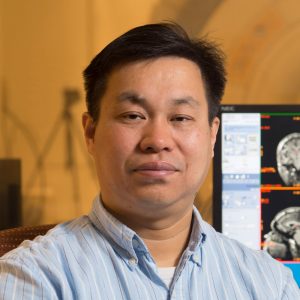 Distinguished Research Professor
Distinguished Research Professor Distinguished Research Professor 2015
Distinguished Research Professor 2015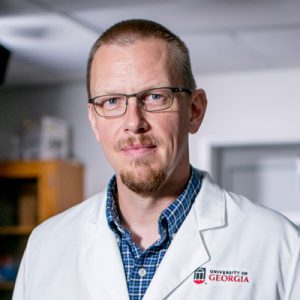 Distinguished Research Professor 2019
Distinguished Research Professor 2019
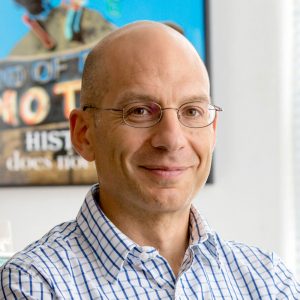 Distinguished Research Professor 2017
Distinguished Research Professor 2017 Distinguished Research Professor 2015
Distinguished Research Professor 2015 Distinguished Research Professor 2015
Distinguished Research Professor 2015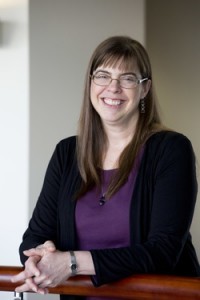 Distinguished Research Professor 2015
Distinguished Research Professor 2015 Distinguished Research Professor 2015
Distinguished Research Professor 2015